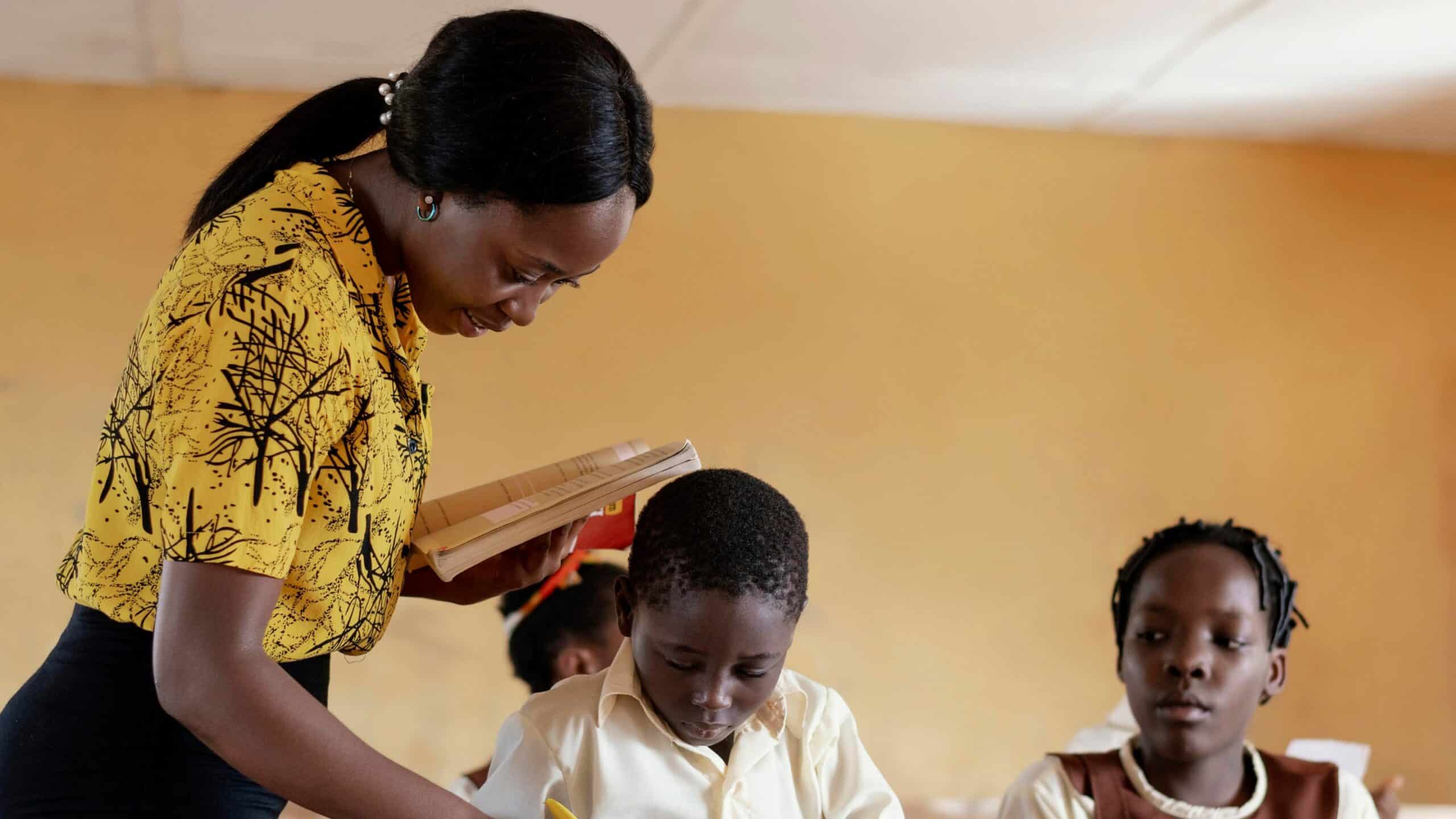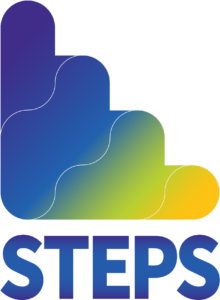Transforming Education, One Teacher at a Time
The realm of education is a continuously evolving landscape, and teachers are the cornerstone in navigating this transformative journey. In the heart of Africa, an initiative called STEPS (STEM Teacher/student Education for Primary Schools) is endeavoring to upgrade the STEM educational experience in Cameroon, Benin, and the Democratic Republic of Congo (DRC). One of the pivotal aspects of this endeavor is a well-structured Teacher Professional Development (TPD) program. This project is largely funded by a grant from Canada’s International Development Research Centre (IDRC) in collaboration with the Knowledge & Innovation Exchange (KIX) and the Global Partnership for Education (GPE).

TPD: A Critical Catalyst for Change
STEPS recognizes the importance of introducing teachers to new materials and pedagogies to move beyond the traditional “chalk-and-talk” model prevalent in these countries. With a student-centered approach, the project aims to instill more interactive and participatory methodologies in teaching. This includes introducing teachers to inquiry-based learning, project-based activities, and technology-enabled instruction. Achieving this goal requires an intensive training program for teachers.
Math and Science were identified as focal areas. Assessments indicated that many teachers lacked a conceptual understanding of certain Math topics, while Science teaching showcased pedagogical gaps. To address these issues, STEPS developed a series of TPD sessions that were delivered during school breaks.
The initial TPD, conducted in person over multiple days, was instrumental in providing crucial formative curricular feedback. It helped to uncover the best approaches to refine training materials and garnered excellent satisfaction ratings from participants. A total of nineteen TPD sessions were delivered to 150 teachers, encompassing nearly all teachers in the partner schools.
Refining the TPD Approach
The TPD workshops underwent rigorous continuous improvement, based on specific feedback from participants. The sessions were substantially shortened and focused on key areas of Math, including number sense, fractions, and long division, and on fostering inquiry learning in Science.
Recognizing the logistical challenges of in-person sessions, STEPS is now developing online multimedia TPD resources to ensure every teacher has access to these vital training materials, regardless of their geographical location.

A Glimpse into the TPD Journey
The TPD sessions spanned different times and modalities, catering to teachers of varying grade levels. In Cameroon, the focus in March/April 2022 was on Math for classes 1-3 across eight schools. The subsequent sessions in August 2022 expanded to include Science and catered to classes 1-6.
The Math TPD sessions introduced teachers to the task-based conceptual (TCA) approach followed in the STEPS maths materials. A conceptual treatment of multiplication, division, and fractions was delivered to teachers in the TCA mode to serve the double purpose of ensuring that teachers understand these topics conceptually and providing them with their own experiences of task-based learning. Teachers responded enthusiastically and productively during the TPD sessions. However, when they eventually had opportunities to utilize the TCA approach in their own classrooms during trial implementations of STEPS materials for learners, teachers largely reverted back to their existing practice of direct, prescriptive teaching.
It became clear that TPD of a different kind is required to ensure the adoption of STEPS materials and the TCA approach. Specifically, it seems necessary to ensure that teachers engage reflectively with new learning materials prior to utilizing the materials in their own classrooms. Hence, the brief April 2023 TPD in Cameroon was focused on teachers engaging with STEPS student materials, reflecting on how students may respond and what they may learn by engaging with learning tasks. This will be the dominant mode of the more extensive teacher TPD planned for August 2023. This TPD will be delivered by means of in-person training for some teachers, online sessions for some, and printed teacher guides enhanced with training videos only for other teachers.
There was an equally rigorous TPD schedule in Benin, with sessions on Math and Science for classes 1-6 across five schools in September and December 2022, and with a hybrid version in April 2023. These sessions allowed teachers to work in smaller groups using both online and print materials that were facilitated by senior teachers.
In DRC, the focus was mainly on Science, with in-person sessions and on-site training conducted in April 2023 for classes 1-6 across all schools.

Conclusion
Teacher Professional Development is a powerful tool in transforming the educational landscape. The STEPS initiative in Cameroon, Benin, and DRC exemplifies this, aiming to enhance the teaching experience, ultimately benefitting the students. As we progress in this digital age, the integration of online multimedia resources for TPD promises to extend the impact of such initiatives, paving the way for a globally inclusive educational environment.
Miriam Chickering, and Glenda Niles
Author

